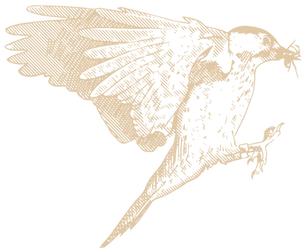
Community Asset Mapping

"Mapping is not so much of the community, but by the community in a manner that reflects their assets, values, and visions for the future."
Community Mapping: The Recovery (and Discovery) of our Common Ground
by Maeve Lydon
The River Valley Compatible Community Development (RVCCD) project promotes land uses that are compatible with the military mission, natural resource protection, and sustainable economic development in the region, while also protecting rural character and supporting quality of life. In order to achieve these goals, the plans and strategies must be driven by the local residents. This project uses community asset mapping as a form of community input.
Unlike community development processes that identify “problems” first, asset mapping allows communities to identify their strengths and build off of them. Mapping assets shows opportunities for connection, collaboration, and interventions. The project focus groups and survey data provided a basic understanding of the character and valued assets in the region, which were divided into the following categories: arts and culture, recreational assets, historical assets, and economic assets.
The UGA Carl Vinson Institute of Government team then researched each category of assets for each county. Data were collected and documented in a table and then geocoded using ArcGIS to create points, which were converted into icons. Themed maps were then created to identify nodes and clusters of assets. The process took a total of six months, with four months dedicated to collecting data and two months spent creating maps in ArcGIS. Following the development of the maps, these resources were placed online to develop an accessible online community asset map inventory. While creating a tool to help visitors and businesses identify assets in the region, this map can ultimately be used to support tourism, inform rural economic development planning, guide future projects, shape a regional identity, and support grant applications.






